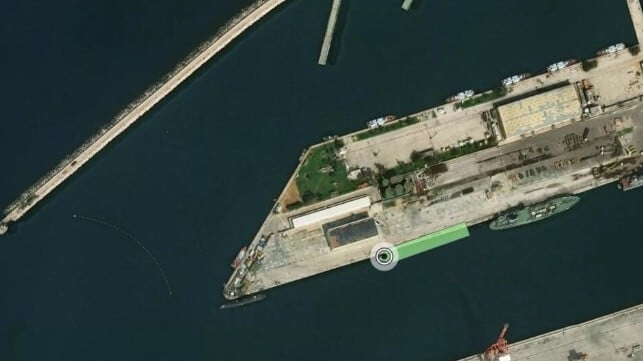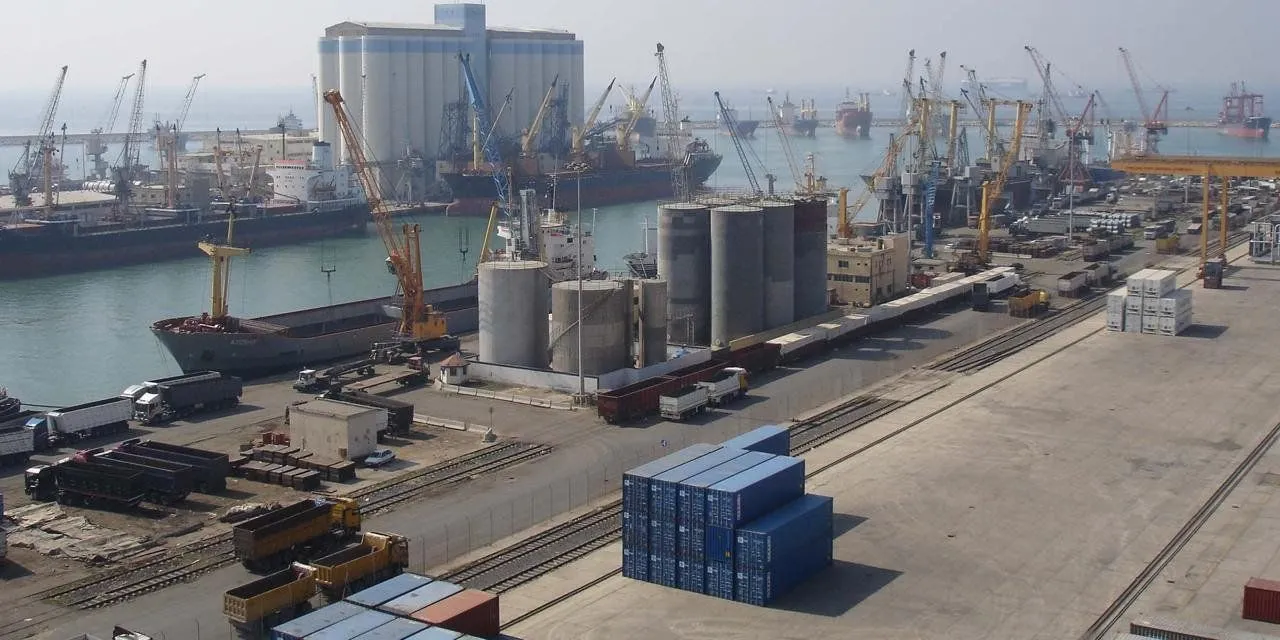- Reaction score
- 9,565
- Points
- 1,160
Hopefully they come to some sort of agreement where they can coexist for a period and not trigger a resumption of the civil war.
County Regiments and Lords Lieutenant?


Hopefully they come to some sort of agreement where they can coexist for a period and not trigger a resumption of the civil war.


A 338 solution for this one. Or point 50.Well, well, well...
World’s most wanted female ISIS terrorist found alive and living freely in Syria
Hayat Boumeddienne, 36, and her lover Amedy Coulibaly, then 32, were also part of the Charlie Hebdo cell which murdered 12 people in January 2015.
French security services released news on the widow's current life on the anniversary of the 2015 Paris attack while reminding people that she remains ""The Most Wanted woman in France".
A spokesman for the Anti-Terrorism Prosecutor’s Office revealed that "she is still alive and in Syria" according to their information.
Boumeddiene’s survival is seen as remarkable, given that most jihadi brides involved in active operations have been killed or captured.

World’s most wanted female ISIS terrorist found alive and living freely in Syria
THE world's most wanted ISIS woman terrorist is alive and living freely in Syria, 10 years after taking part in a notorious attack in Paris.www.lbc.co.uk
Long long way back to St Petersburg and a lot can happen along the way.Syrians allow Russia to evacuate equipment from Tartus
In the sense that the Russian ships came alongside and no one sank them…Syrians allow Russia to evacuate equipment from Tartus
yet.......In the sense that the Russian ships came alongside and no one sank them…


Syria has told Russia, bye, bye.......So who is in charge?



The Ukrainian navy has some very experienced divers and it wouldn't take a huge effort to float a six pack of those sea drones off the coast of Malta. S400 radar systems in the crate would make for a very tempting targetSyria has told Russia, bye, bye.......

Syria's New Government Cancels Russian Port Lease at Tartus
On Monday, the new government of Syria canceled Russia's 49-year operating lease at the port of Tartus, potentially bringing a multi-decade Russi...maritime-executive.com
Yes the Syrians might have purposely delayed the loading to give time for the Ukrainians to get into position. I suspect the ships will be escorted and no AIS.The Ukrainian navy has some very experienced divers and it wouldn't take a huge effort to float a six pack of those sea drones off the coast of Malta. S400 radar systems in the crate would make for a very tempting target
Wonder if they'll get dunned for enormous port fees.Yes the Syrians might have purposely delayed the loading to give time for the Ukrainians to get into position. I suspect the ships will be escorted and no AIS.
With a few tonnes of explosives and a remote detonator onboard.... oh the humanityIt’d be a shame if one of the Russian Oligarchs’ seized super yachts in the Mediterranean broke free from its slip, had a steering gear malfunction and pierced its bow right into the side of the Soviet ship at speed…
It’d be a shame if one of the Russian Oligarchs’ seized super yachts in the Mediterranean broke free from its slip, had a steering gear malfunction and pierced its bow right into the side of the Soviet ship at speed…
Yup - this from SYR media (link to archived page, translated, not to SYR server) translated by Google from Arabic:Syria has told Russia, bye, bye.......

Syria's New Government Cancels Russian Port Lease at Tartus
On Monday, the new government of Syria canceled Russia's 49-year operating lease at the port of Tartus, potentially bringing a multi-decade Russi...maritime-executive.com
January 21, 2025
Cancellation of the Tartous Port Investment Contract with the Russian Company: These are the Contract Details and Terms
After the controversy surrounding the cancellation of the investment contract with the Russian company in the port of Tartous, sources in the Syrian Ministry of Information confirmed information indicating that the General Authority of the Port of Tartous had cancelled the contract and demanded that the Russian company leave the port immediately.
The sources clarified the validity of the statement attributed to the Director of Tartous Customs regarding the cancellation of the agreement with the Russian company, noting that all revenues now go to the Syrian state, and that the workers will be returned to their positions in the port.
Tartous Ports Investment Contract
The controversial investment contract dates back to January 19, 2019, when it was signed between the General Directorate of Syrian Ports, represented by General Manager Akram Fayyad Ibrahim, and the Russian company STG-ENGINEERING. The contract stipulates the investment of the Tartous commercial port for a period of 49 years. This agreement came at a time when Russia was playing a prominent role in supporting the Assad regime in its war against the Syrians.
The contract terms
signed between the two parties guaranteed the continuation of Russian control over the commercial port in Tartus for a long period of up to 49 years, and included several terms related to profit sharing, as the Russian side’s share amounted to 65% of the total profits, which made the contract suspicious in the eyes of many analysts.
The terms of the contract also included the formation of a board of directors consisting of five members, including three representatives of the Russian company, which meant that the Syrian side had a lesser role in making key decisions related to the port. According to the terms of the contract, the Russian company was to finance its investments from its own funds or through borrowed funds in an estimated amount of “500 million US dollars.”
Legal and constitutional criticism:
The contract essentially contradicts the provisions of the Syrian Constitution, which stipulate that natural resources and public facilities are public property, and confirm that control over them may not be transferred to foreign companies. Many experts have considered the contract to be a violation of the rights of the Syrian people, and that it came as a service to serve the personal interests of the Syrian regime by relinquishing part of the state’s sovereignty.
Some see the deal as a “crime of high treason” because it ceded a vital part of Syria’s infrastructure to a foreign state in exchange for narrow interests. The contract clearly raises legal and constitutional questions about whether it can continue after the recent political changes in Syria.
Conclusion
: The cancellation of the Tartous port investment contract with the Russian company may open the door to legal and constitutional investigations into the effectiveness of this agreement and its impact on the Syrian economy. It also raises questions about Syria’s future economic policies under the new administration and the search for more just solutions that are in line with the interests of the Syrian people
